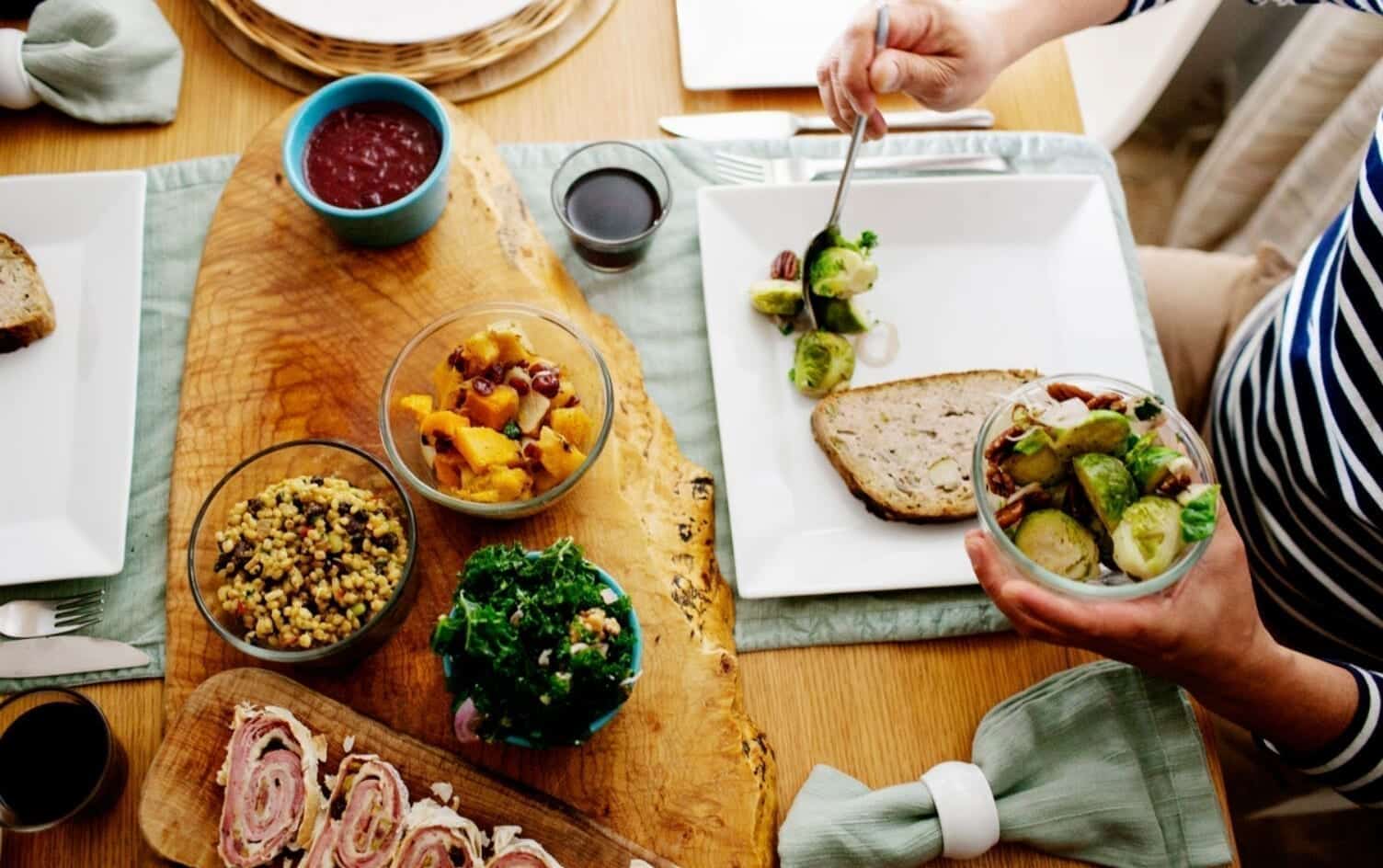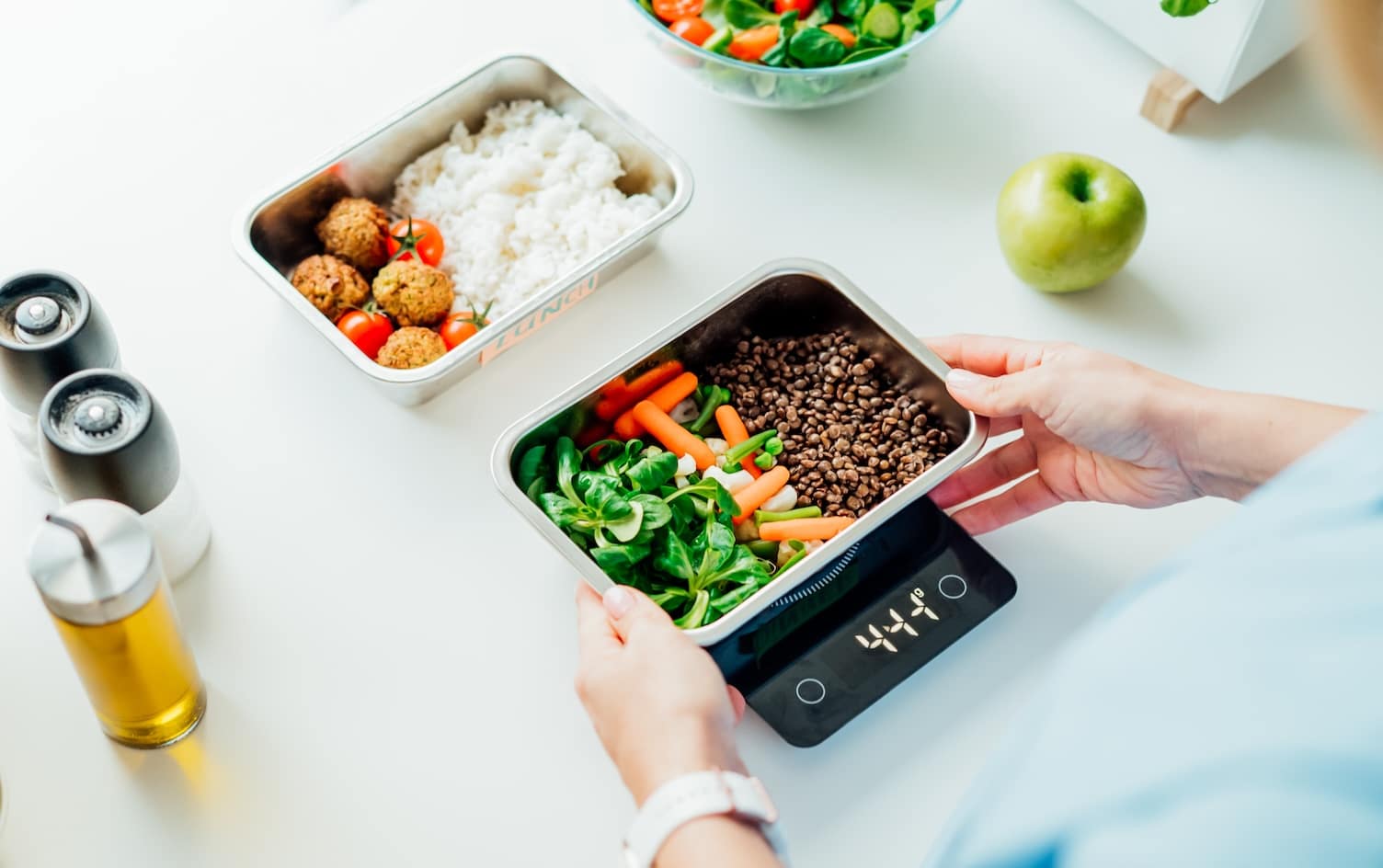Given today’s fast-paced life and hectic schedules, it can be easy to eat a bowl of cereal while standing at your kitchen counter or a protein bar while walking to your next meeting. Maybe you think you’re burning more calories as opposed to sitting, but eating while standing (or moving around) could cause you to eat more later on, research shows.
THE SCIENCE
Jane Ogden, PhD, professor at the University of Surrey, conducted two studies to test the impact of eating while sitting or standing. In the first study, participants were asked to eat a cereal bar while walking, sitting in front of the television or sitting and chatting. The result: Those who ate on the go consumed more calories. Additional research, published in the journal Appetite, asked participants to eat pasta while sitting at a table or standing up; even though both groups ate the same number of calories at the time, those who stood to eat their pasta, ate more calories later.
WHY STANDING COULD CAUSE OVEREATING
Based on the findings, Ogden believes hunger may not be satiated if you eat on the go because you are less likely to focus on what you eat (and may even forget later that you have eaten). It takes about 20 minutes to feel satisfied once you begin eating but if you’re standing or on-the-go, you’re more likely to be distracted and not register when you’re full. You’re also more likely to consider what you ate while standing or walking as a snack rather than a meal, which may lead you to overeat later.
THE BOTTOM LINE
“Make a time and place to enjoy your food mindfully. Tell yourself you are having ‘breakfast’, ‘lunch’ or ‘dinner’ [rather than a snack],” advises Ogden. Research backs this up: Mindful eating techniques have a positive impact on weight loss.
Setting a place at the table and serving food on real dishes, can also make it feel more like a meal and less like a snack, helping keep your daily calorie consumption in check.




